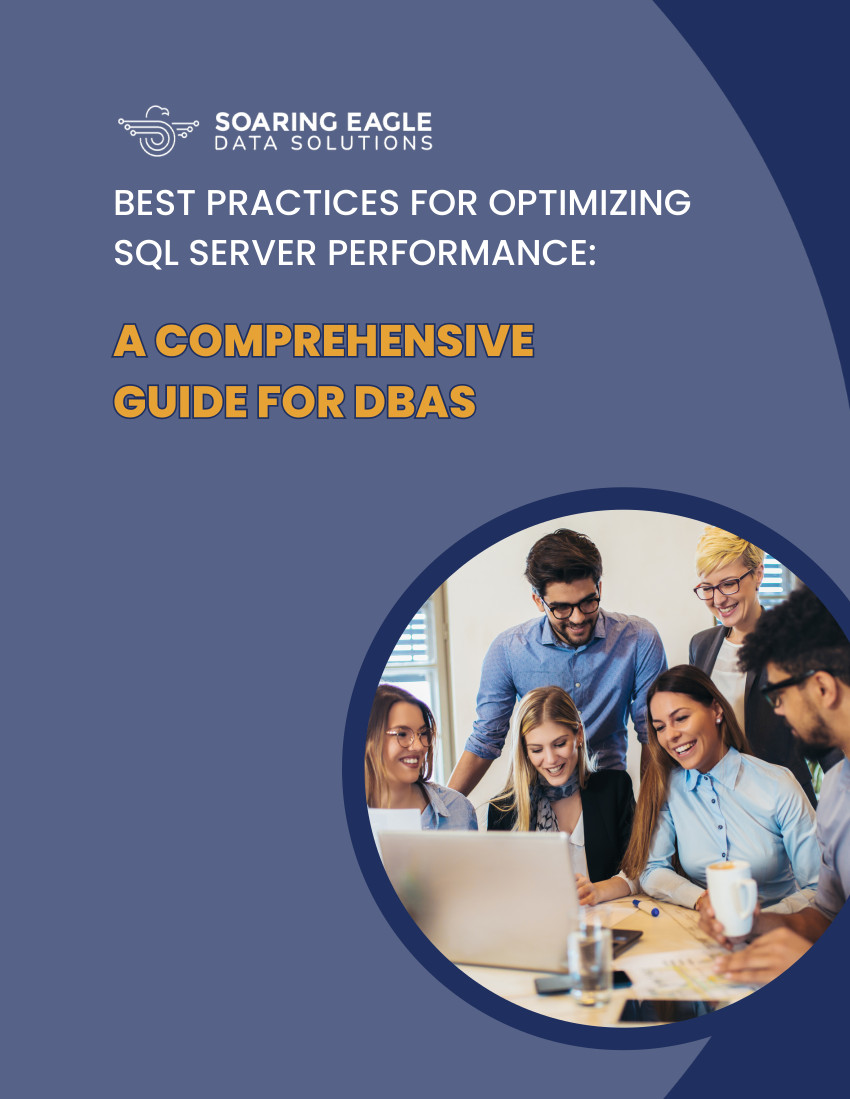
A DBMS (database management system) is essentially a computerized data-keeping system. It is a system software used for creating and managing databases. The DBMS provides users with a systematic way to generate, recover, update and manage data.
Types of DB Management Systems
The most common database models and their management systems include:
- Relational database management system (RDMS) - It can adapt to most use cases, but they can be quite expensive.
- NoSQL DBMS - It is well-suited for loosely defined data structures, which can evolve over time.
- In-memory database management system (IMDBMS) - It provides better performance and faster response times.
- Columnar database management system (CDBMS) - It is well-suited for data warehouses with similar data items.
- Cloud-based data management system - It is a cloud service provider responsible for providing and maintaining the DBMS.
5 Database Management System Advantages
A Database Management System has many advantages, such as:
1. Reducing Data Redundancy
File-based data management systems contain multiple files that are stored in different locations in a system or even across multiple systems, which leads to data redundancy caused by multiple copies of the same file.
A DBMS prevents this issue by providing a single database, where any change in it is reflected instantly, and therefore, the chances of encountering duplicate data are practically none.
2. Data Sharing
In a DBMS, both local and remote users can access the database simultaneously and share the data among themselves. There are various levels of authorization to access the data, and consequently, the data can only be shared based on the correct authorization protocols.
3. Data Integrity and Security
Data integrity refers to the accuracy and consistency of data in the database. Data Integrity is essential as there are several databases in a DBMS. All of these databases have data that is visible to multiple users, so ensuring that the data is correct and consistent for all users is extremely important.
If data is always accessed through the database management system, it can enforce integrity constraints on the data. Also, the DBMS can enforce access controls that rule what data is visible to different types of users.
4. Data Administration
When different users share the data, the centralization of data administration can offer significant improvements. Experienced professionals can be responsible for organizing the data representation to minimize redundancy.
5. Concurrent Access And Crash Recovery
A database management system schedules concurrent accesses to the data so users can consider the data as being accessed by only one user. Moreover, the DBMS protects users from the effects of system failures.
Another benefit of a DBMS is that it provides many views of a single database schema. A view determines what and how users visualize data. It makes available a level of abstraction between the conceptual schema and the physical schema that describes the files, indexes, and other physical mechanisms the database uses. When business requirements change, they can be modified much more efficiently, as users can add new categories of data to the database without disrupting the existing system.
Certainly, a DBMS should perform additional tasks to present these advantages. A database management system will use more CPU and memory than a plain file storage system. And, of course, different types of DBMSes require various types and levels of system resources.
Contact Soaring Eagle Consulting for a Free Database Evaluation Today
Getting started is simple. Click the button below to request your free one-hour database assessment from the DBA experts at Soaring Eagle Consulting®.


